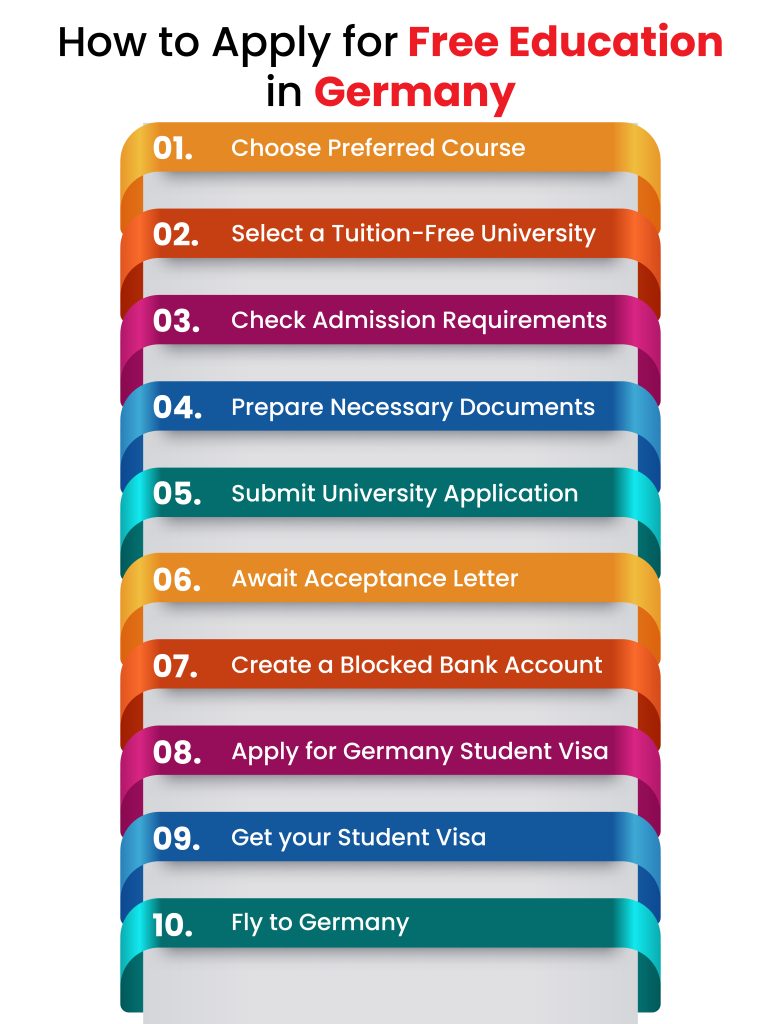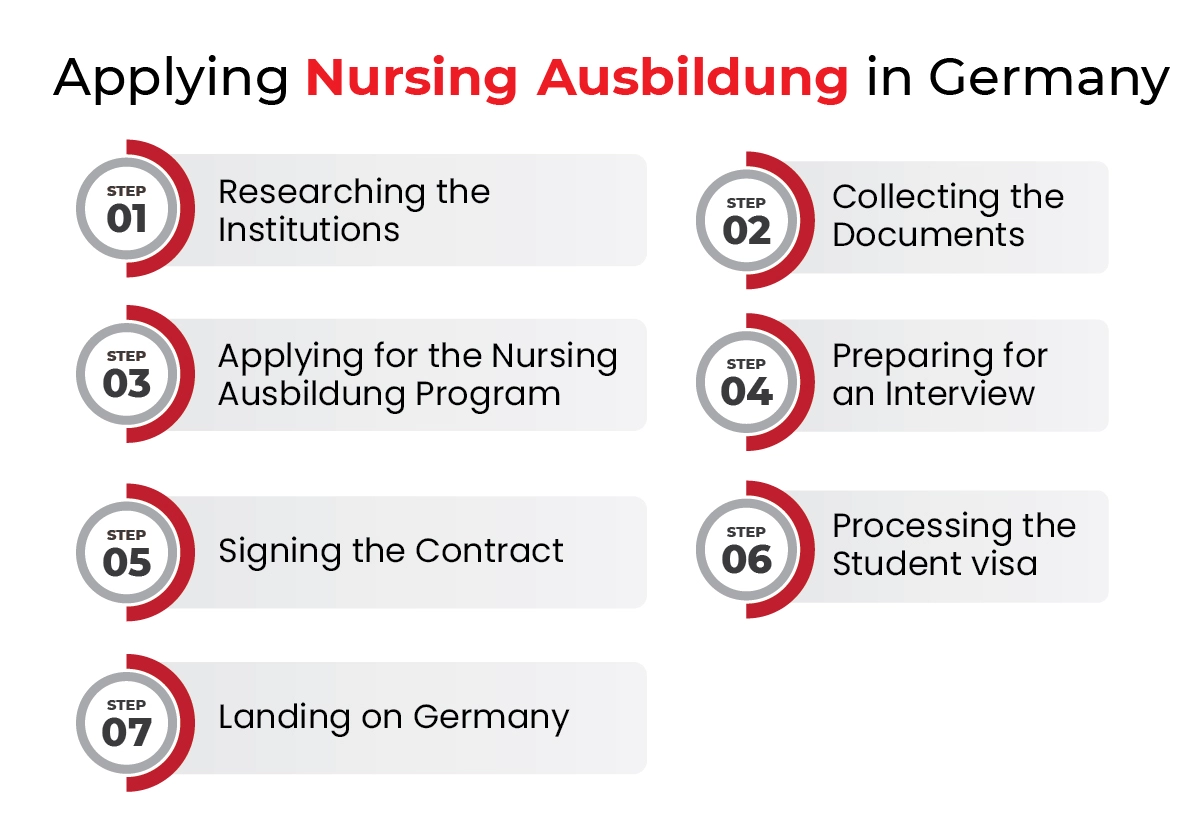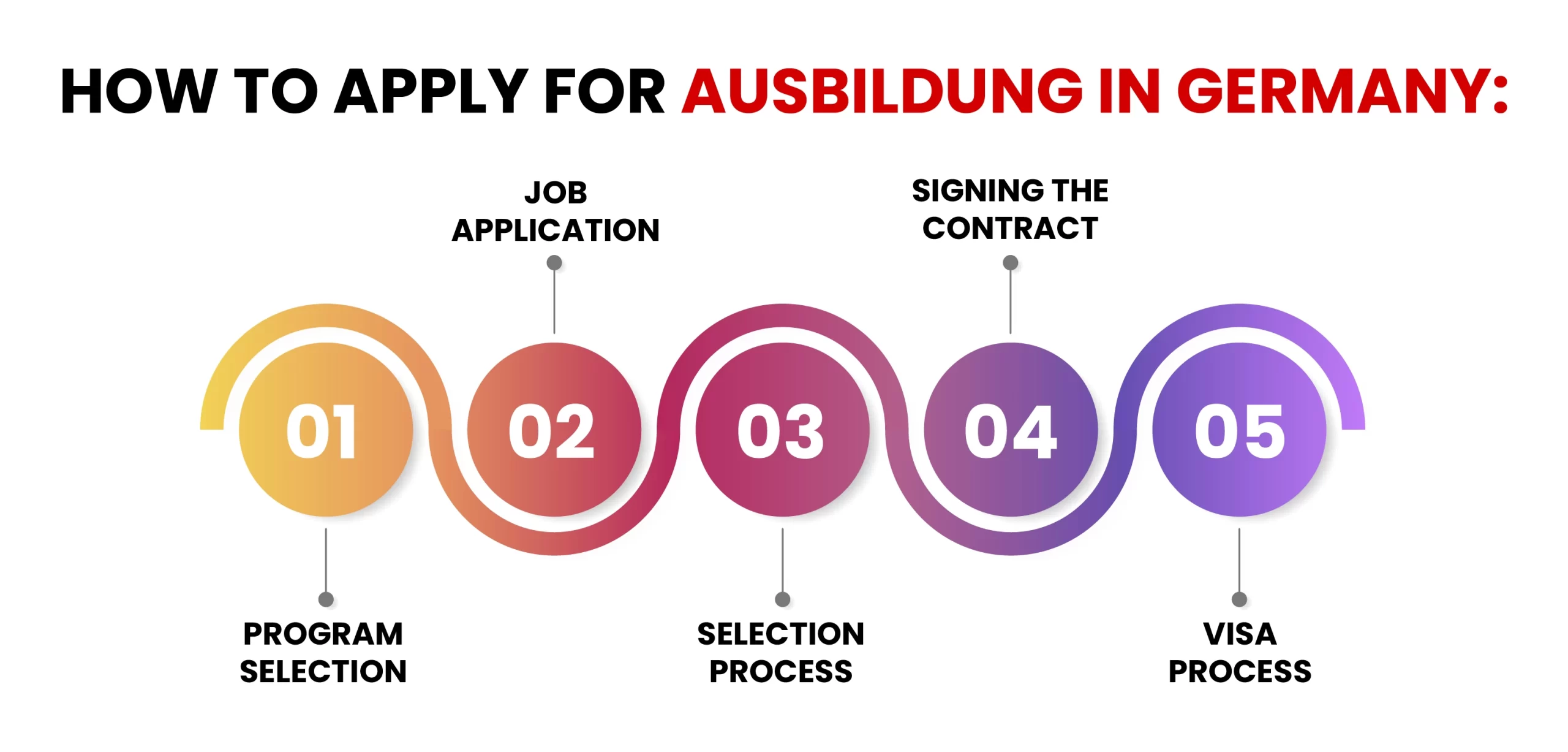You are here because you are wondering whether you can get a free education as an international student in Germany, right? Well, you can get FREE EDUCATION IN GERMANY!
Yes, you read that right. You can study for free at German Public Universities, no matter what your nationality is. Do you know why? Germans believe that education is not something that should be treated as a commercial commodity and they also believe that regardless of one’s economic status, education should be accessible to everyone. They also believe that the primary purpose of education is to foster critical thinking, personal growth, and societal progress.
Read on to know more about the tuition-free universities, the eligibility criteria you need to meet, the documents required, how to apply, the fully funded scholarships that are available to international students, and the cost of living in Germany.
Let’s get straight to the information, without all the flair! Shall we?
Table of Content
1Is Education Free in Germany2Tuition Free Universities in Germany3Eligibility for Free Education in Germany4Documents Required for Free Education in Germany5How to Apply to Study in Germany for Free6Fully Funded Scholarships in Germany for International Students7Cost of Living in Germany for International Students8Conclusion9Frequently Asked Questions
Is Education Free in Germany
To answer your question, yes! Education is free in the public universities of Germany. Back in 2014, the German government abolished all tuition fees at public universities making education accessible to all domestic and international students highlighting the point that access to a free education promotes economic growth and welfare. This comes after continuous protests and decisive action from the government of Germany. The country shifted its focus to welcoming international students at large for the reason that a tuition-free education system will attract students who will want to become permanent residents of Germany and contribute to the economy.
Tuition Free Universities in Germany
Here’s a list of the tuition-free top public universities in Germany
- Technical University of Munich (TUM)
- Ludwig Maximilians University Munich
- Heidelberg University
- Humboldt University Berlin
- Freie Universität Berlin
- Karlsruhe Institute of Technology
- RWTH Aachen University
- Technische Universität Berlin
- Technische Universität Dresden
- University of Freiburg
These are some of the tuition free university in Germany.
Well, there is more! Talk to our study abroad experts at CanApprove to learn more about the free universities in Germany and for further admission process.
Eligibility for Free Education in Germany
The eligibility criteria for free education in Germany:
1. Meet the Academic Criteria for the Preferred Course
Make sure to meet the academic criteria for the course you wish to pursue.
2. A Valid Secondary School or Bachelor’s Degree Certificate
The certificate depends on whether you are applying for a bachelor’s or master’s degree and you should have a good track record.
3. Language Proficiency Test
You will need to prove language proficiency either in German or English whether you’re applying for an English-taught or German-taught program.
4. University Acceptance Letter
You will require a university acceptance letter which is the most indispensable part of attaining free education.
5. Germany Student Visa
For non-EU students, a student visa is required.
6. Proof of Finance
Students have to show proof of finance of €11,904 in a ‘Blocked Account’ for their living costs and other expenditures and are entitled to withdraw €934 monthly.
Documents Required for Free Education in Germany
The documents required for Free Education in Germany are as follows:
1. Academic Transcripts and Certificates
To prove that you meet the academic qualifications for the program.
2. A Valid Passport
Crucial for applying to universities and in securing a student visa.
3. Language Proficiency Certification
Depending on your program, you need to prove your proficiency in the language of instruction whether it is in English or German. This is essential for the admission process.
4. University Admission Letter
Before you can apply for a visa you must be accepted into a university.
5. Health Insurance Coverage
You need health insurance that is valid in Germany for your entire stay.
6. Proof of Financial Support
International students must show they have the financial means to support themselves while studying there. (Blocked Account)
How to Apply to Study in Germany for Free
Here is a step-by-step process on how to apply for free education in Germany

1. Choose Preferred Course
Research the courses that are offered and select one that you wish to pursue and aligns with your academic interests and future plans.
2. Select a Tuition-Free University
There are many public universities in Germany, so make sure that you apply to one that is public and is eligible for free tuition fees.
3. Check Admission Requirements
Ensure that you meet the admission requirements for your chosen course as every program and university has different admission and eligibility criteria.
4. Prepare necessary Documents
Gather all the necessary documents like your high school certifications if you are applying for your bachelor’s. On the other hand, a bachelor’s degree certificate if you are applying for your master’s. Ensure that your passport, language certification, and Statement of purpose are all in order.
5. Submit University Application
Apply to the university through the official website or Uni-Assist with all the relevant documents and pay any processing fees if applicable.
6. Await Acceptance Letter
After you have submitted your application, wait for the university’s response regarding your admission status. This may take up to several weeks to months for you to receive an acceptance letter.
7. Create a Blocked Bank Account
After you have received your acceptance letter, open a blocked bank account in Germany, which will show proof of sufficient funds to support yourself. This is a mandatory step in securing a Germany student visa.
8. Apply for Germany Student Visa
You can apply for a Germany student visa with all the necessary documents like the acceptance letter, proof of funds, and health insurance.
9. Get your Student Visa
Once approved, you will receive your student visa allowing you to travel to Germany.
10. Fly to Germany
You can soon book your flight to Germany after you have received your student visa and start preparing for your study abroad journey. Do familiarize yourself with the German culture and the local area where you will be studying, especially with the opportunity of free education in Germany.
Fully Funded Scholarships in Germany for International Students
There are many scholarships in Germany for International students. Here’s a list of some of the available scholarships:
- DAAD Scholarships
- Studienstiftung des deutschen Volkes Scholarship
- Konrad-Adenauer-Stiftung (KAS) Scholarship
- Friedrich-Ebert-Stiftung (FES) Scholarship
- Heinrich-Böll-Stiftung Scholarship
- Rosa Luxemburg Stiftung
- Deutschlandstipendium
Cost of Living in Germany for International Students
The cost of living is comparatively low when compared to other European study-abroad destinations. This cost can vary depending on the lifestyle and the city you live in.
Rent
Accommodation ranges between €200 – €500, depending on whether you are living in a larger city or outside the city centre, and whether you are living in a dormitory or at a private residence.
Food & Groceries & Meals
On average, students spend about €150 to €230 per month on groceries and eating out.
Health Insurance
As of 2025, health insurance costs about €100 to €150 per month for international students.
Transportation
Public transportation costs around €40 to €100 per month.
Study Materials and Miscellaneous
Books and materials can cost around €20 to €50 per month.
Other miscellaneous costs range from €60 – €150 per month.
Conclusion
To conclude – studying in Germany offers an exceptional advantage!
NO TUITION FEES! That too, at public universities! You can receive a top-tier education without any financial burden that comes with studying in other countries.
Are you someone who wishes to pursue a degree in Germany that too without any tuition fees? Here’s your chance! With CanApprove’s expert counselling, we can guide you through the process of applying to these public universities, and getting your student visa, ensuring you not only find the perfect university and program but also make the most of this unique opportunity.
Now, do not let the cost of tuition fees hold you back from your dreams! Reach out to CanApprove today to apply to a public university and let us help you take the first step towards a world-class education in Germany!
So, Guten Tag! (‘Good Day’ in German)

















 Let’s look at the Permanent Residence pathways in the 4 best countries to study abroad!
Let’s look at the Permanent Residence pathways in the 4 best countries to study abroad!